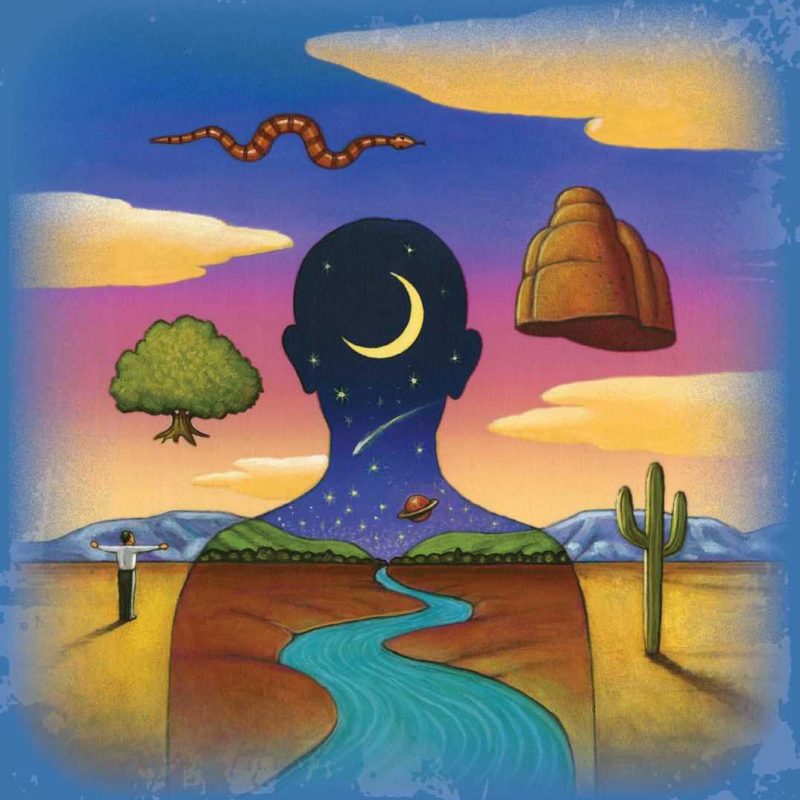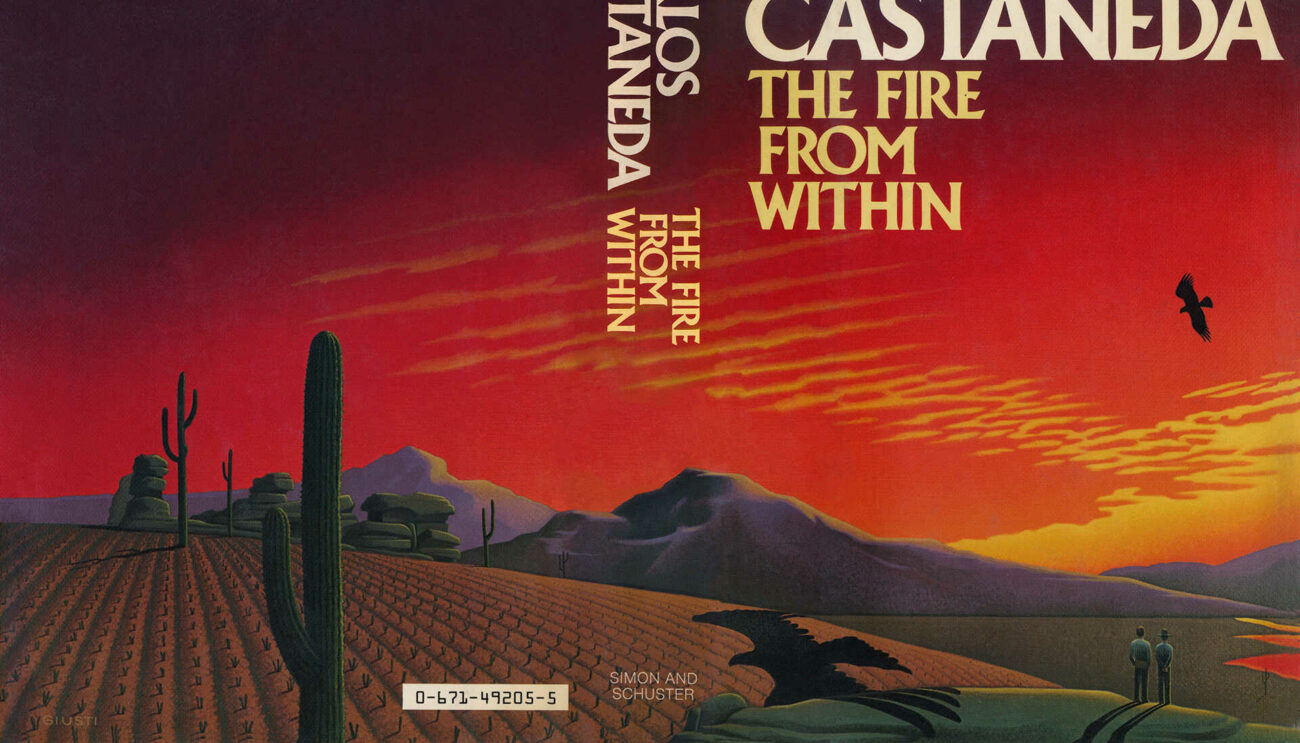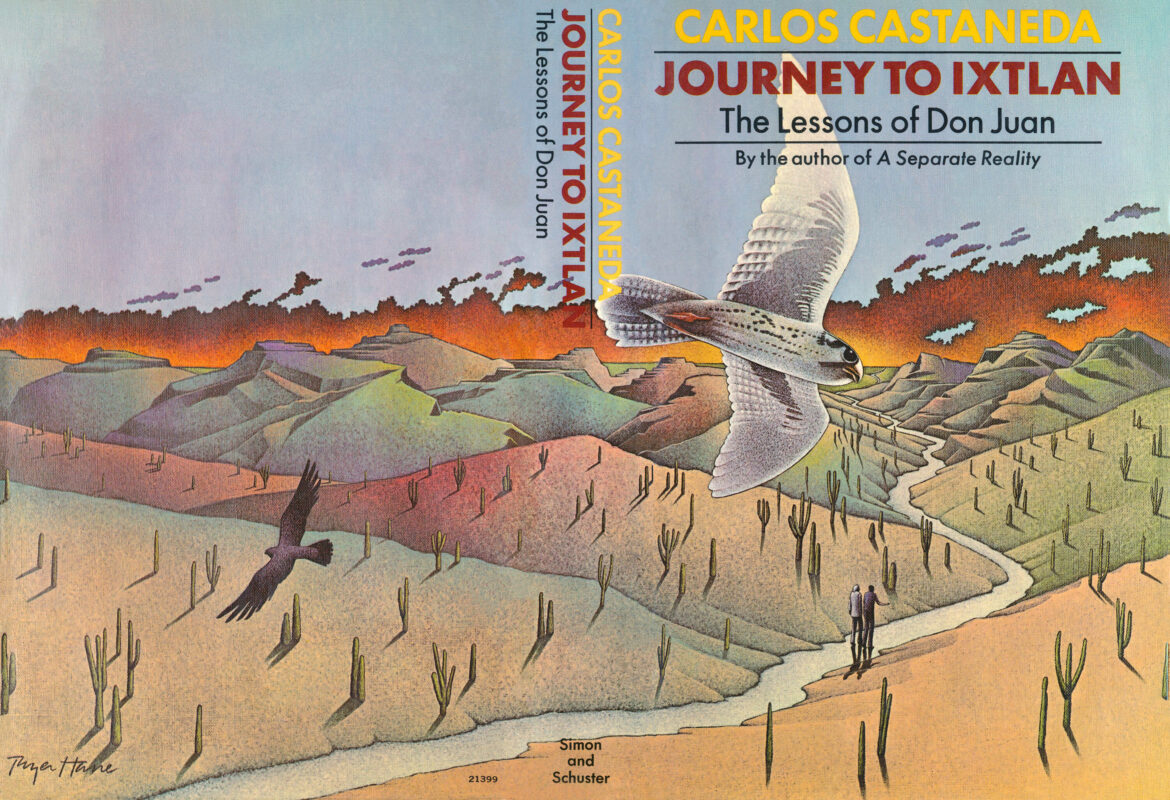Don Juan and Don Genaro discuss the “glow of awareness,” explaining that perception is an alignment of emanations. They reveal that the luminosity of living beings comes from the Eagle’s emanations within their cocoons, and external emanations fixate this internal glow, leading to awareness. The old seers, masters of manipulating this glow, could make it spread within the cocoon. Don Juan highlights the importance of explanations in heightened awareness for warriors, as it’s a period of deep learning. He then emphasizes that sexual energy, if controlled and rechanneled rather than wasted, is crucial for a warrior’s energy and ability to “see.” Don Genaro humorously illustrates the dangers of uncontrolled sexual energy with stories from the nagual Julian’s teachings. They explain that children, in particular, drain the “glow of awareness” from their parents. The chapter concludes with Don Juan stating that seers cannot intervene to balance this, as the new cycle must come of itself, and their role is to be unbiased witnesses.


